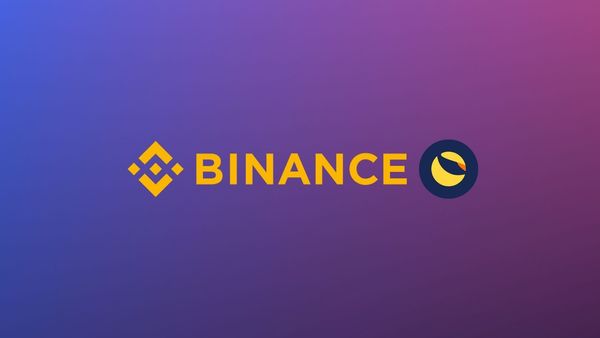Crypto taxation in India: What you need to know as a WazriX trader

Recently, digital currency and crypto assets have grown in popularity. Due to their excellent safety measures and transparency, many people prioritize investing in digital currencies. Following the pandemic, there has been a great increase in crypto investors in Wazrix. Indian citizens are interested in investing in crypto in WazriX India, even as policymakers struggle to bring regulation to this space. Government interference is minimal because cryptocurrencies are not authorized or controlled by any central authority. Crypto taxation in India could have implications for you if you are considering investing in cryptocurrencies.
The lawfulness of cryptocurrencies in India
Crypto-related money transfers are prohibited in India through an RBI order published in 2018. A Supreme Court decision in March 2020 overturned the RBI's decision. Legislation regulating cryptocurrency and official digital currencies were introduced in 2021 by the government. The final decision, however, is still pending.
Tax implications of Cryptocurrency in India
More clarity is needed regarding the taxability of cryptocurrencies. Any cryptocurrency tax implementation will require a specific, clear explanation from the Income Tax (IT) department. In light of the Income Tax Act of 1961 and the Central Goods and Services Tax (CGST) Act of 2017, analysts say cryptocurrency transactions can be taxed. During the relevant fiscal year, companies must disclose details about transactions involving crypto-assets and cryptocurrency investments under guidelines issued by the Ministry of Corporate Affairs (MCA).
Taxation under the Income Tax act
Cryptocurrency transactions involving goods and services exchanged and cryptocurrency transactions sold or purchased are subject to income tax under Section 2(13). In addition, profits from continuously running activities, such as cryptocurrency trading, are taxed under section 28.
Income from other sources
The Income Tax Act taxes mining income, trading income for investment, and receiving/giving cryptocurrency as a gift as part of the income from other sources heading.
Making Cryptocurrency through mining
Cumulative digital currency will be treated as self-generated assets, but the tax system procedure must still be established. There is no supervision on how to apply provisional investment income. The experts suspect that currency acquired through mining will be included in the category of other sources of income. Mining expenses are excluded from Section 55 of the Income Tax Act since it deals with acquisition costs.
Getting Cryptocurrency as a gift
As a gift, cryptocurrency will probably be taxed at the individual slab rates if it falls under other income. In other words, any cryptocurrency you receive as a gift valued over INR 50,000 will be taxable entirely.
Exemptions from tax liability
Some tax exemptions for received gifts may also apply to cryptocurrency. Among the gifts that may be tax-exempt are those obtained from relatives, gifts received on marriage occasions, gifts received under wills, and gifts inherited.
Income from the house property
Employers cannot make salary payments in any digital currency because the government has not recognized cryptocurrency as a legal tender. Rent cannot be paid in digital currency.
Taxation as per the central goods and services act
According to the CGST Act, all crypto trading activities are taxable. Together with their other overall tax payments, Indian crypto exchanges expect to be paid GST to the government. It is considered by the government an indirect tax on the trading charges for exchanging or buying digital currencies like Bitcoin, Ethereum, Tether, etc. CBIC had previously been advised to include cryptocurrency exchanges and platforms within the GST sphere by the Central Economic Intelligence Bureau (CEIB).
It is recommended that cryptocurrency mining be regarded as a supply of service because it generates cryptocurrency for a fee. This can be classified as an unrealized gain subject to an 18% GST. The CEIB has proposed that taxpayers who mine cryptocurrency be registered for GST if their overall income surpasses INR 2 million. GST may be levied on the transaction fee bonus for the currency mined.
There is a possibility that foreign crypto exchanges in India will be charged 18% GST on transactions, with an additional 2% equalization levy. According to the Indian government, Online Information Database Access and Retrieval (OIDAR) services are foreign cryptocurrency exchanges operating within the country.
Wrap up
It is clear that #IndiaWantsCrypto. The best way forward is to provide additional clarification in the law regarding its taxation. Considering that cryptocurrency has become a popular investment if the same view is taken under income-tax laws, it may be considered a capital asset subject to special taxes. It is better to have an official communication confirming bitcoins' legality and taxability in India since crypto transactions are gradually increasing.




